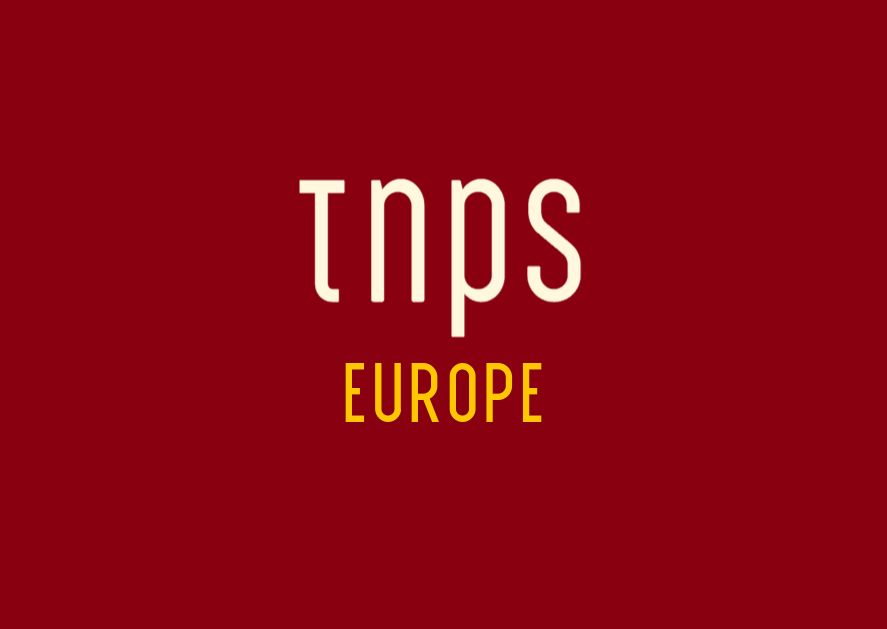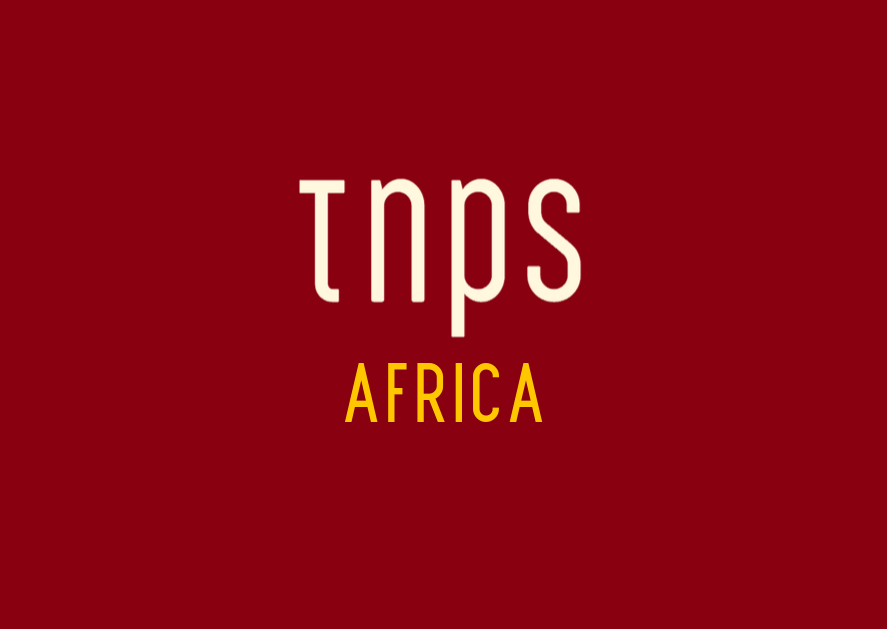Calling itself part of Europe’s largest minority group (25 million people), the International Roma Writers Union (IRWA) will make its first appearance at the Frankfurt Book fair this year, taking its rightful place as part of Europe’s cultural heritage.
According to a press release the International Roma Writers Union is the,
only professional organisation for Roma writers globally (and) the coordinator and organizer of the Gipsy Pavilion at the (2019) Frankfurt Book Fair.
IRWA’s Pavilion, 24m2, has been placed by FBM to the most central and visible location in hall 5.0 beside important players: right next to this year’s Guest of Honour Norway, other Scandinavian countries, Italy and Eastern Europe, providing evidence and a sense of equality.
The Gypsy Pavilion’s 2-part Opening Ceremony “Undiscovered Culture” will start on Thursday 17 October, showcasing literature by Roma authors.
Behind the project is IRWA President Veijo Baltzar, a “wandering Gypsy by his roots,” now in Finland, and described as one of,
the most remarkable literary voices of his nation.
The road to Frankfurt began in 2018 when Frankfurt Book Fair head Juergen Boos contacted Baltzar to discuss bringing Romani literature into the Frankfurt Book Fair sphere.
Said Baltzar:
Considering the various stages of the history of a Roma nation – from the perspective of the culturally old, but literary forgotten civilization, this historical event represents a great European emergence.
Through this opportunity, the Roma and Gipsies are being placed on a World Map, also in an intellectual sense. There is no nation without status. There is no people without its authors, Nobelists and academics.
Marginalization in the field of creative arts, and especially literature, is a great issue to us. We should rise to the equal level of other European nations in the context of literature – that is the ultimate goal of IRWA.
However, for now we are forced to making compromises in this issue in relation to various Roma authors within our activities, but that goal cannot disappear. For if we do not reach the same level of status as the authors of the majority populations, we have no future as a nation.
Visit the IRWA website here.
Read the press release below.
PRESS RELEASE 11 Sep 2019
Embargo 11 Sep at 7 a.m. HEL GMT +3
Embargo // The emergence of a Nation: Romani Literature presented for the first time ever at Frankfurt Book Fair
For the first time ever, International Roma Writers Union (IRWA), in cooperation with Frankfurt Book Fair, enable the representation of Europe’s largest minority group, the 25-million-Roma nation, at the most significant arena of Literature worldwide, ”the European Capital of Ideas”, in October 2019, alongside other nations, as a respected part of European cultural heritage.
The one and only professional organisation for Roma writers globally, IRWA is the coordinator and organizer of the Gipsy Pavilion at the Frankfurt Book Fair 16-20 October 2019, a historical European event and a landmark for equality. IRWA’s Pavilion, 24m2, has been placed by FBM to the most central and visible location in hall 5.0 beside important players: right next to this year’s Guest of Honour Norway, other Scandinavian countries, Italy and Eastern Europe, providing evidence and a sense of equality.
The Gipsy Pavilion will showcase literature from various parts of the world, through available multilingual books by Roma authors, author presentations and artistic pieces. In addition, there will be a cultural programme and discussion events with international keynote speakers. The Pavilion’s 2-part Opening Ceremony “Undiscovered Culture” will start with international cooperation announcements on Thu 17 October at 3.30, followed by the Cocktail Party at 4.30 p.m., celebrating the historical presence of Romani literature at Frankfurt Buchmesse.
The initiator of the project, President of IRWA and Cultural Counsellor Veijo Baltzar is a world-renowned author from Finland. A wandering Gypsy by his roots, Baltzar is an internationally rewarded artist, a cultural fighter on many fronts and a prominent figure in building bridges between the majority and minority populations. Since starting his literary career in 1968, Baltzar has discussed Gypsy culture and its relationship with the majority cultures in over 72 literary works, placing him in the position of the most remarkable literary voices of his nation.
In Autumn 2018, Mr Baltzar received an invitation from Director of Frankfurt Book Fair Juergen Boos to discuss long-term collaboration, asking Baltzar and IRWA to make Romani literature a permanent part of FBM activities. The meeting resulted in a joint strategy of cooperation.
– Considering the various stages of the history of a Roma nation – from the perspective of the culturally old, but literary forgotten civilization, this historical event represents a great European emergence, states Veijo Baltzar, the leader of the project. – Through this opportunity, the Roma and Gipsies are being placed on a World Map, also in an intellectual sense. There is no nation without status. There is no people without its authors, Nobelists and academics, Baltzar continues.
Keynote speakers for the events of the Gipsy Pavilion include President of PEN International Jennifer Clement (CA) and Director of Culture of Frankfurt City Ina Hartwig. President of Finnish Writers Union Sirpa Kähkönen (FI) will participate in the Pavilion’s literary discussion event on Sat 19, and Prof. Marcel Courthiade (FR) will shed light on challenges and possibilities of Romani literature on 20 Oct. Baltzar, in addition to the Gipsy Pavilion’s events, will perform in Amazon Crossing’s event dedicated to his latest novel, as well as discuss Romani literature at the Weltepmfang, the main arena of social debate in FBM.
– Marginalization in the field of creative arts, and especially literature, is a great issue to us. We should rise to the equal level of other European nations in the context of literature – that is the ultimate goal of IRWA, Baltzar describes. – However, for now we are forced to making compromises in this issue in relation to various Roma authors within our activities, but that goal cannot disappear. For if we do not reach the same level of status as the authors of the majority populations, we have no future as a nation. According to Baltzar, one of the significant challenges of Romani literature is the fact that authors seldom belong to national writer Unions, nor do they overcome the barriers of publishing of the significant professional publishers.
Additional information and interviews:
Nina Castén, secretary and communication Director,
office@romawriters.com, tel. +358 44 5090683
www.romawriters.com/ office@romawriters.com




